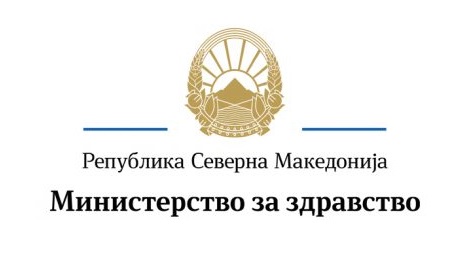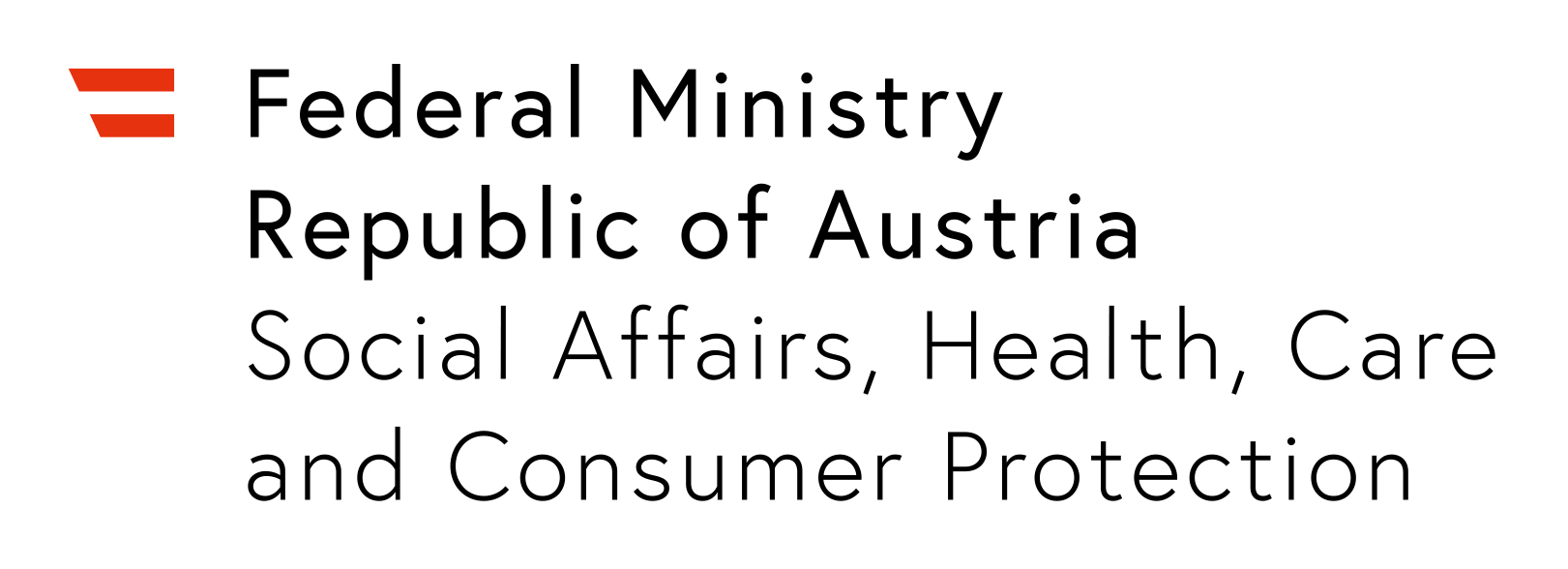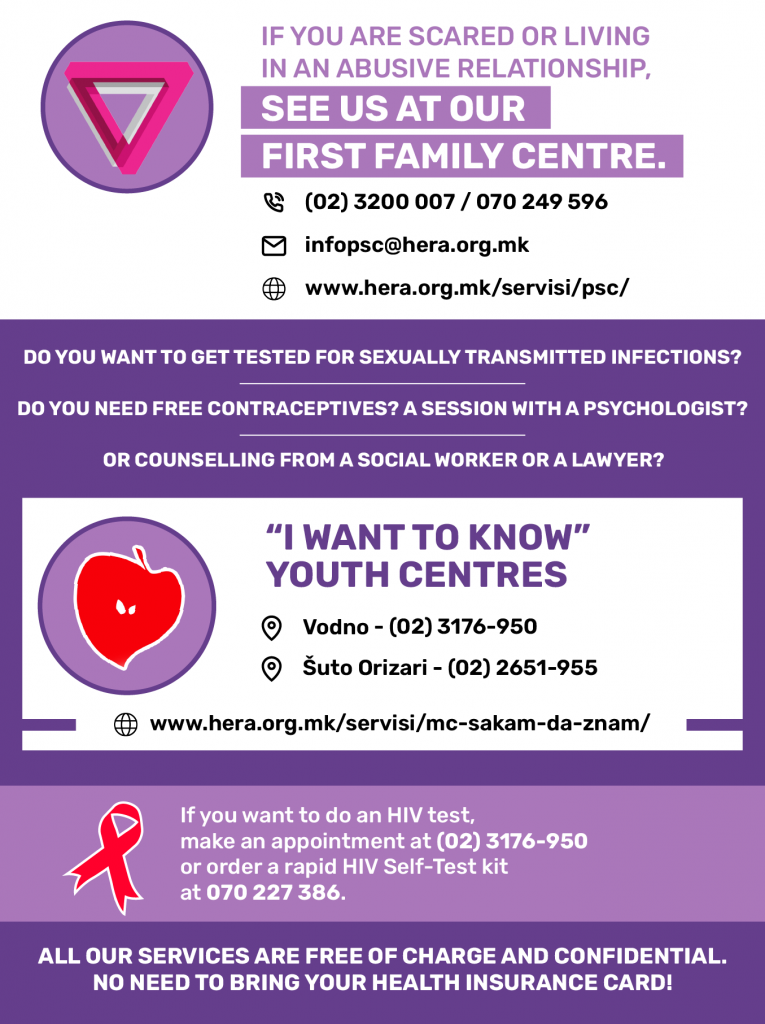Reproductive health is a human right, and reproductive health services should be available in primary healthcare both in times of peace, as well as in times of humanitarian crises. In crises situations, it is expected that 4% of women will be pregnant, and 15% of women may have pregnancy- and childbirth-related complications. Furthermore, the risk from gender-based violence grows, too. This is why we are particularly concerned with the protection of the right to sexual and reproductive health in crisis and humanitarian situations.
In cooperation with the Ministry of Health and UNFPA in 2014 we supplemented the National Plan for the Healthcare System Preparation and Response in Crisis Situations with a chapter on sexual and reproductive health in emergency/crisis situations. In 2015, for the first time ever in our country, we organised a national training for provision of minimum initial service packages (MISP) for sexual and reproductive health in crises situations. And once the migrant crisis led to a multiple increase in the number of persons affected by the crisis situations, we started providing direct services for sexual and reproductive health through our mobile gynaecology outpatient clinic. We are also a part of the Inter-Agency Working Group for Reproductive Health in Crises.
In times of pandemic, we worked on the essential package of services for sexual and reproductive health for women and the marginalised groups, and we prepared brochures with interim recommendations regarding the antenatal care both for the pregnant women and the healthcare professionals.
Read more about:
- COVID-19 and SRH
- Chapter on Sexual and Reproductive health in Times of Emergency/Crisis Situations
- Standard Operating Procedure for Gender-Based Violence in Crisis Situations
- 2016 Action Plan for Sexual and Reproductive Health in Emergency and Crisis Situations and in Disasters, including the migrant and refugee crisis in Gevgelija and Kumanovo, according to the minimum initial service package for SRH (MISP)
- Brochure “What Should We Know about Sexual and Gender-Based Violence in Crisis Situations”
- Brochure “Safe Motherhood in Emergency Situation and/or Disasters”




















